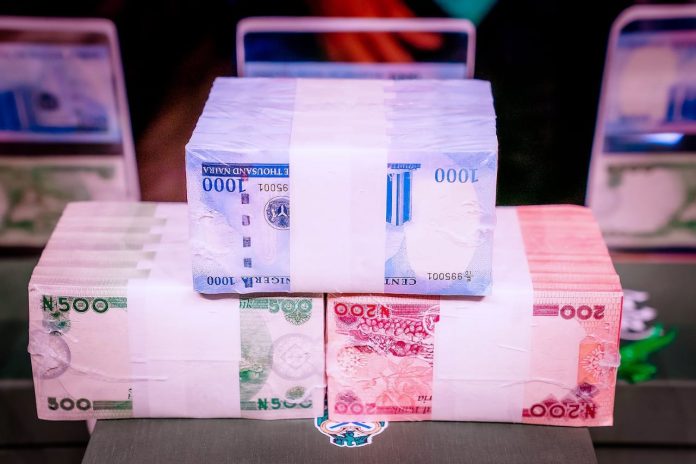The demand for the US dollar and other major currencies stabilized on Tuesday as concerns about the conduct of the 2023 presidential election caused the price of the Nigerian naira to trade flattishly in the Investors’ and Exporters’ foreign exchange (FX) market.
The parallel market had a similar FX transaction situation. Market participants said that the exchange rate stabilized around N760 as a result of a halt in economic activity, an unrest surrounding the election, and a shortage of fresh naira notes.
Comparatively, the difference between the open market and official rates decreased to N298. This gave saboteurs a chance to engage in currency speculation. The quoted exchange rate for March 29, 2023, on the FMDQ Exchange over-the-counter (OTC) FX future, was N471.38, for April 26, 2023, N473.56, and for May 31, 2023, the estimated delivery rate is N475.75.
Around 11% of Nigeria’s local currency was lost in 2022. Foreign investors and investment banking analysts, meanwhile, continued to argue that the Nigerian naira is still overpriced. A multi-asset investment banking business forecast the naira will reach N500 per dollar at the investor window in 2023 in its macroeconomic report.
The forecast is comparable to the best-case scenarios currency rate movement outlook for the year from Meristem Securities. The naira is still trading over its fair value, according to Broadstreet consensus based on the amount of FX market notes examined.
A minimum exchange rate of N500 has also been set, which is N380 less than the FX spot rate in the official window today. Bank of America predicted a 20% depreciation for the Nigerian naira in 2023 after estimating that it is overvalued late last year.
In the short term, a depreciation of the naira will have dual impacts, bringing in foreign cash while negatively impacting Nigerians’ spending.
Naira overvaluation stretched as the non-deliverable forward rate settled at N612 per United States dollar, according to data from Refinitiv.
Wall Street investment bank JPMorgan closed a key bearish bet on Nigerian assets on Tuesday, saying the risk of potential problems from the West African country’s national elections may be easing, Reuters reported.
Traders should take profits on a long trade on U.S. dollar-Nigerian naira 9-month non-deliverable forwards (NDFs) – a trade that bets on the currency’s official rate falling heavily – JPMorgan said.
“While we still expect the currency to weaken post-elections, we believe the NDF curve in the front-end has appropriately priced this risk,” JPMorgan analysts said in a note to clients.
The 9-month NDF is currently trading at N612 naira to $1, according to Refinitiv data, compared to the official exchange rate of N461 to N462. # Naira Steadies as Investors Price Future Rate at N612
In finance, a non-deliverable forward is an outright forward or futures contract in which counterparties settle the difference between the contracted NDF price or rate and the prevailing spot price or rate on an agreed notional amount. It is used in various markets such as foreign exchange and commodities.













